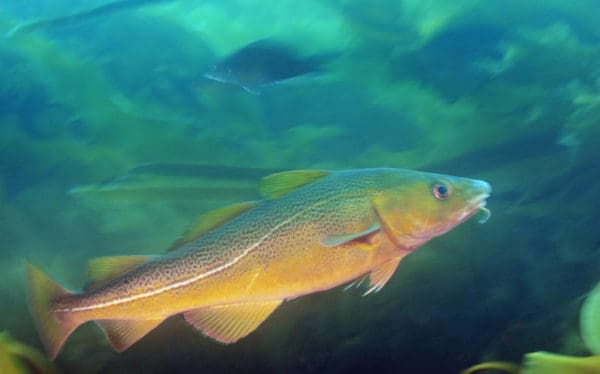Key Marine Habitats Deserve Protection
The Northern Edge is vital Atlantic cod habitat and needs protections.
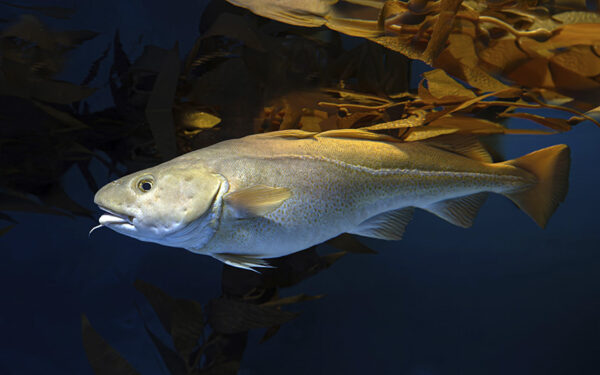
The Northern Edge is vital Atlantic cod habitat and needs protections.

Fisheries management must preserve the beloved New England fishing industry with stronger regulations and measures to adapt to climate change.
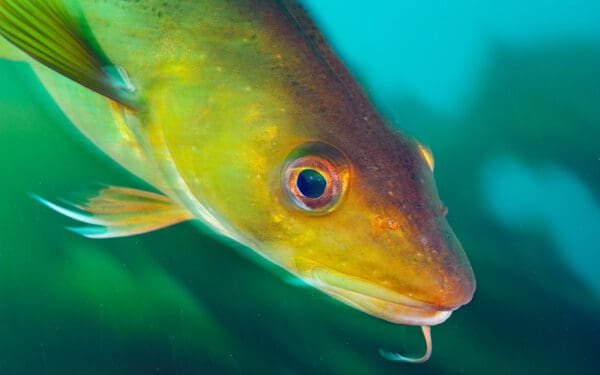
As New Englander’s, we are lucky to have our very own marine National Monument in our backyards. But it shouldn’t be the last. Here are 5 reasons why we must continue to protect special places in our ocean.
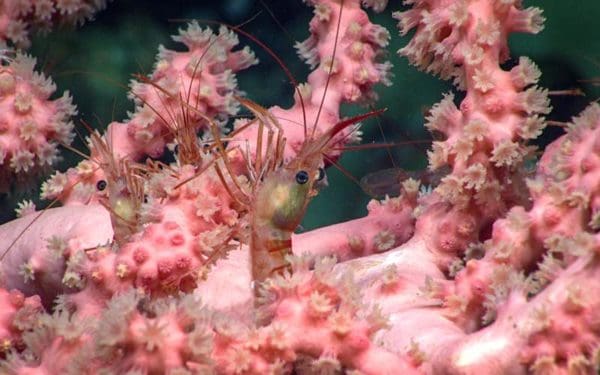
“Fishermen should be recognized for the changes they have made to protect right whales from extinction, but we have much more work to do,” said Erica Fuller, senior attorney at Conservation Law Foundation. “The existence of an entire species is at stake, and we must keep pressing forward. Fishery managers must take immediate action to reduce entanglements and we look forward to standing up for right whales in court to make sure they do.”
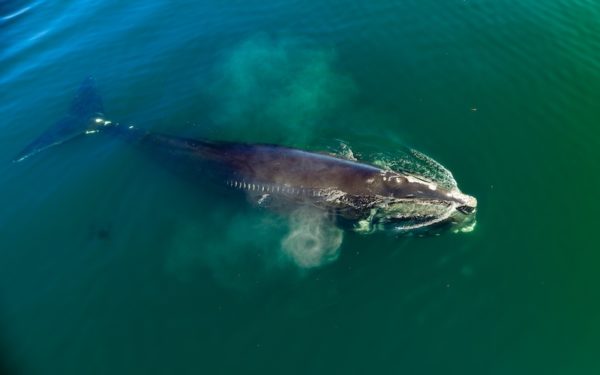
Climate change struck home for me when the waters at Salisbury Beach recently hit an unheard-of 75 degrees.
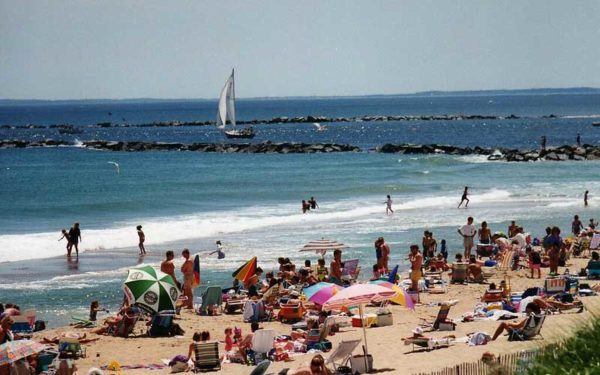
“While this rule is a step in the right direction, it does not go far enough or fast enough to stop the precipitous decline of this species,” said Erica Fuller, Senior Attorney at CLF. “We plan to challenge the new rule in court to ensure that right whales recover rather than become an extinction statistic. That means reducing the risk of serious injuries and deaths by at least 80 percent immediately, not fiddling while Rome burns.”
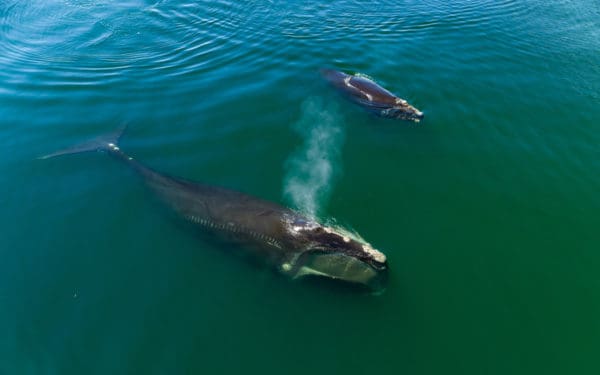
The Biden administration has outlined a bold vision for conservation, but the devil is in the details, especially when it comes to protecting 30% of lands and waters by 2030.
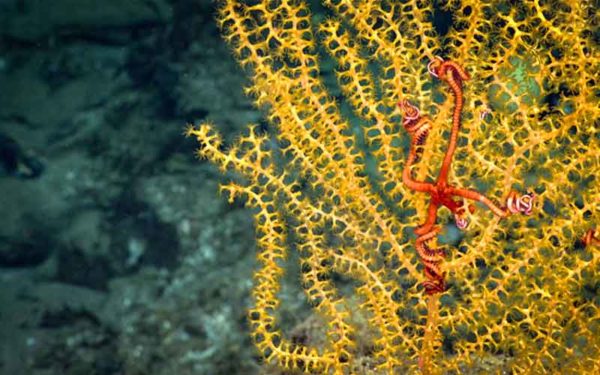
Atlantic cod is in crisis. That’s why CLF petitioned the federal government to take these 5 actions to protect the future of this species.
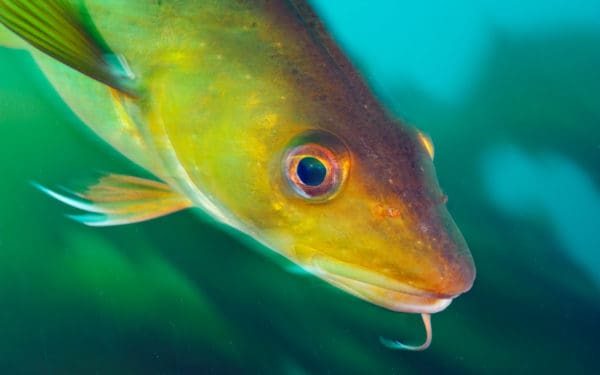
“The Supreme Court correctly rejected this baseless challenge to the Northeast Canyons and Seamounts Marine National Monument,” said Peter Shelley, Senior Counsel at CLF. “The science supporting the need for this critical protected area—the only one along the Atlantic seaboard—has only gotten stronger and more compelling. The Biden Administration must now reinstate the ban on commercial fishing within the monument’s boundaries as soon as possible.”
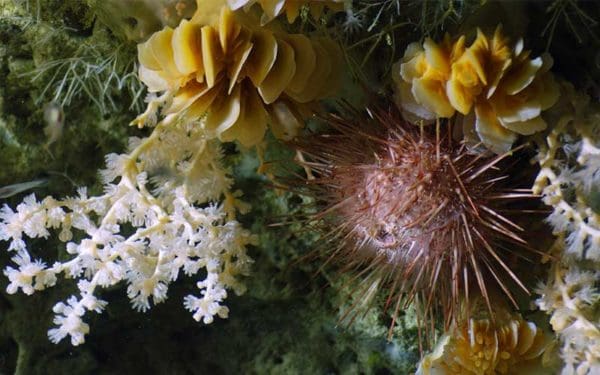
According to a new study, rising water temperatures put fish eggs and spawning adults at higher risk than juveniles and adult fish. Since previous studies mostly only took adult fish into account, this close look at different life stages gives us a better idea of what the climate crisis means for our fisheries and how we can help save Atlantic cod. One big takeaway: protecting spawning areas, where the vulnerable are, is more critical than ever.
We sat down with CLF Senior Science Fellow Gareth Lawson to discuss the implications of the study and the future of Atlantic cod.
